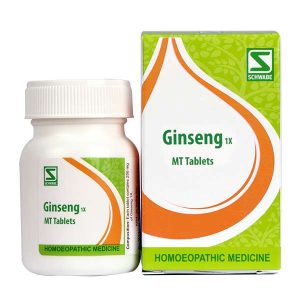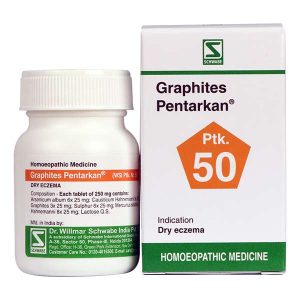
Mental stress
-
-18%
 Rated 4.75 out of 5 based on 8 customer ratings(8)
Rated 4.75 out of 5 based on 8 customer ratings(8)₹135.00₹110.70 You Save: ₹24.30 (18%)Add to cart -
-18%
 Rated 5.00 out of 5 based on 2 customer ratings(2)
Rated 5.00 out of 5 based on 2 customer ratings(2)₹335.00₹274.70 You Save: ₹60.30 (18%)Add to cart
Showing all 2 results
Stress and the triggering factors
Stress is the brain’s response to any demand. Many things can trigger this response. Reasons for stress can be mild, moderate or severe. Mild stress include commuting to and from work every day, traveling for a yearly vacation, or moving to another home, winning a race, watching a scary movie, or riding a rollercoaster. Some moderate stressful events include marriage or divorce, serious illness, or a car accident. The outcome of these incidents would normally be positive (please see below) because of making the individual prepared to deal with such future situations. Some extreme incidences like exposure to violence, and may lead to traumatic stress reactions. Stress may be recurring, short-term, or long-term. In the present day urban lifestyle, prolonged and consistent mild stress like work pressure, financial burden and relationships with partners, children or other family members may also impact on health heavily. Sometimes there are no obvious causes.
Some stress can be positive. Research shows that a mild to moderate level of stress makes us perform better. It also makes us more alert and can help us perform better in situations such as job interviews or public speaking. Stressful situations can also be exhilarating and some people actually thrive on the excitement that comes with dangerous sports or other high-risk activities.
Symptoms of mental stress
Different symptoms are felt by people undergoing stress as below:
- Anxiety
- Fear
- Anger
- Frustration and depression
- Giddiness
- Heart palpitations
- Headaches or stomach disorders
Tips for stress management
- Going for a walk.
- Spending time in nature.
- Talking to a good friend.
- Sweating out tension with a good workout/yoga.
- Meditation/pranayamam
- Writing blogs on the matter of interest
- Taking a long bath.
- Playing with a kids/pet.
- Working in the garden.
- Listening to music.
- Watching a comedy.
Disclaimer: The information provided herein on request should not be taken as a replacement of medical advice or for the diagnosis or treatment of any medical condition.
Blog Post


Effects of Diabetes, Smoking, and Other Factors on Sexual Health


Plant-based Protein vs. Animal Protein: Which is Better for Your Health?






























